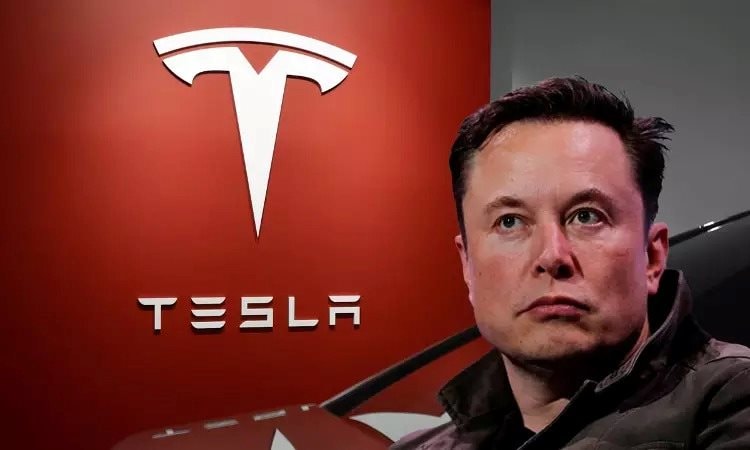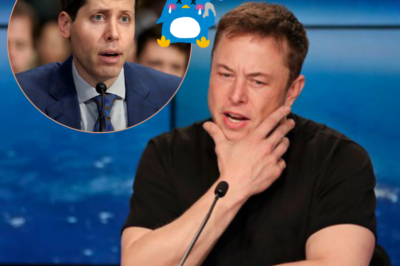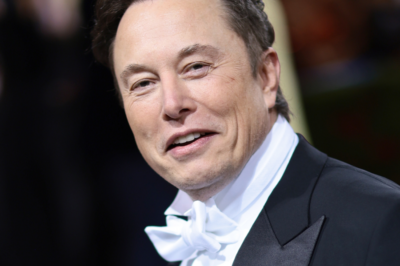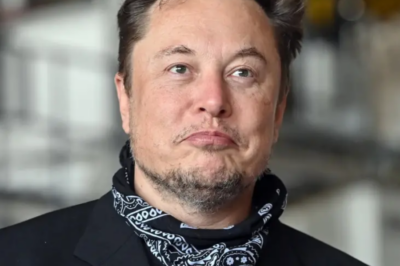Tesla sales are on the decline, posing a big problem for Elon Musk’s electric car company.

Tesla is in trouble. The company’s car sales are falling rapidly. That could cost billionaire Elon Musk’s electric car company billions of dollars in revenue from a niche business.
Tesla’s sales in Europe have been hit hard by Elon Musk’s political controversies. In Germany, sales fell 76% in February compared to last year, according to Reuters. In France, sales were down 26%.
That could jeopardize Tesla’s carbon credit deal with traditional automakers like Toyota and Stellantis, according to Politico and Carbon Credits.
Under the deal, the companies buy carbon credits from Tesla to meet stricter emissions regulations in Europe. In 2024, Tesla earned $2.76 billion from this business, up 54% from the previous year. Since 2009, Tesla’s total carbon credit revenue has amounted to more than $11 billion.
But if Tesla doesn’t sell many cars, it won’t have enough credits to sell.
If it loses billions of dollars in carbon credits, Tesla could make up for it by raising prices or cutting costs. That could hurt customers.
Meanwhile, Chinese rivals BYD, Nio, and XPeng are making cheaper EVs with newer technology and features. Some models also come with better driver assistance systems and fast charging.
BYD is even set to overtake Tesla as the world’s top electric carmaker by sales in the fourth quarter of 2023. In China, Tesla’s sales fell 28.7% in January and February compared to the same period last year.
In addition, some customers are moving away from Tesla because of Elon Musk’s political moves. Tesla has recently faced protests, canceled orders, and a backlash on social media. Some longtime fans have said they no longer support Tesla because of Musk.
Americans dump Tesla cars in wave of protests against Elon Musk
Teslas top trade-in numbers in March amid protests against Elon Musk.
Tesla electric vehicles were traded in at a record high in March, amid protests against Elon Musk’s role as an adviser to President Donald Trump.
Teslas from the 2017 model year or newer accounted for 1.4% of all vehicles traded in through March 15, up from 0.4% in March 2024, according to data provided to Reuters by Edmunds, the largest auto database in the United States. Analysts at the national auto shopping website said the share could rise in the second half of the month.
In February, the first full month of the Trump administration, Teslas accounted for 1.2% of all vehicles traded in.

Tesla electric cars in a US showroom. Photo: Sean Ring
If the trend continues, March’s trade-in would be the highest rate Edmunds has ever recorded of Tesla trade-ins for new or used vehicles at dealerships. The data excludes sales of existing Teslas to buy a new Tesla or an electric vehicle from brands with other direct sales channels. That means the figures only include Tesla trade-ins to buy a vehicle, mostly from traditional brands.
Social media is awash with posts from Tesla owners in the US and some European countries showing them ditching their cars to express their anger at Musk.
Fred McKinney, a business consultant, traded in his 2018 Tesla Model 3 last month to express his disapproval of Musk.
“I thought about putting a bumper sticker on my car that says ‘I hate Musk.’ But selling my car is much easier,” McKinney said on LinkedIn. “If you’re thinking about buying a new electric car, don’t even consider buying a Tesla.”
The data also showed that the percentage of people considering buying a new Tesla fell to 1.8% in February — the lowest since October 2022 — after peaking at 3.3% in November 2024.
The decline was driven by declines in the Cybertruck pickup, Model 3 sedan, and Model Y SUV, according to estimates from Cox Automotive.
Tesla said it expects its vehicle business to return to growth this year after a slight decline in 2024. Used Tesla prices have fallen along with those of other electric vehicles from Ford, Kia, and Hyundai, according to Edmunds. Analysts say used Tesla prices are likely to fall further as updated models hit the market.
“Brand loyalty is becoming a bigger question mark as factors like Elon Musk’s growing involvement in government, concerns about Tesla depreciation and rising saturation in major metropolitan areas cause some longtime owners to feel disconnected from the brand,” said Jessica Caldwell, Edmunds’ director of analysis.
News
From fanfic dreams to real-life hangout: Olivia Rodrigo on hanging out with Harry Styles
Never in her wildest dreams did Olivia Rodrigo imagine spending a day with Harry Styles. Photo: Justin Ng/Retna/Avalon Olivia Rodrigo…
Teen Prodigy Tipped as ‘Next Tiger Woods’ Quit Golf After ‘Gut-Wrenching’ Event
The golf superstar’s career took a sudden turn after a revelation that derailed everything. A teenage golf superstar that was…
Elon Musk berates OpenAI staff as ‘idiots’, leaving Sam Altman stunned.
In February 2018, Elon Musk decided to leave OpenAI after an unpleasant meeting with the board of directors, leaving Sam…
Elon Musk, the man who sells great dreams: He propelled Tesla’s stock to its peak after a 36% plunge with just one announcement, pocketing over $200 billion for himself.
Tesla shareholders celebrated at the end of the year as Elon Musk pushed the stock back to its peak exactly…
“Very surprising!!! Elon Musk’s company has been convicted of ‘deceptive marketing.’”
Elon Musk’s company has been convicted of “deceptive marketing.” A judge in California, USA, has ruled that Tesla engaged in…
Elon Musk sparks controversy after “mocking” Sydney Sweeney’s “two balls.”
Elon Musk sparks outrage. The billionaire faced backlash after making comments about actress Sydney Sweeney’s physique. According to US Weekly , Elon Musk became…
End of content
No more pages to load












